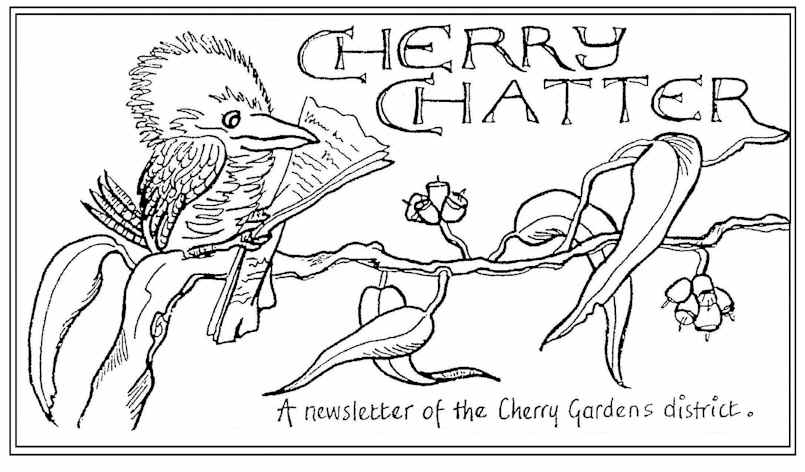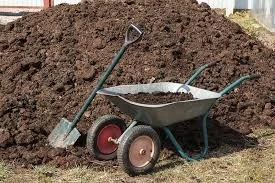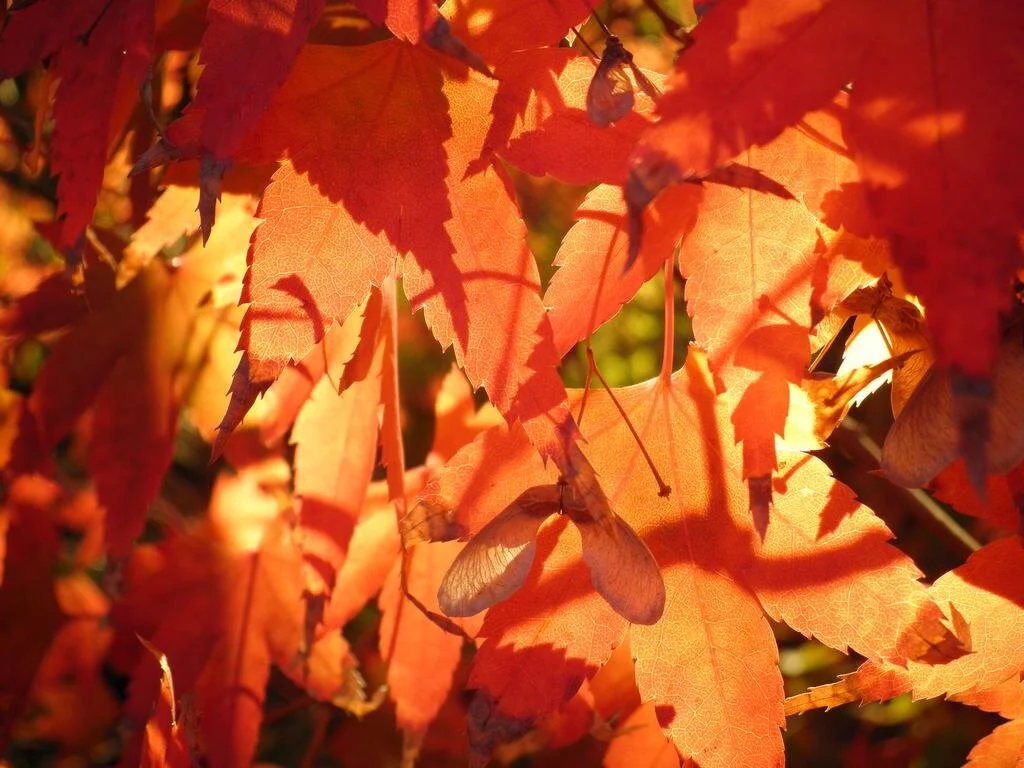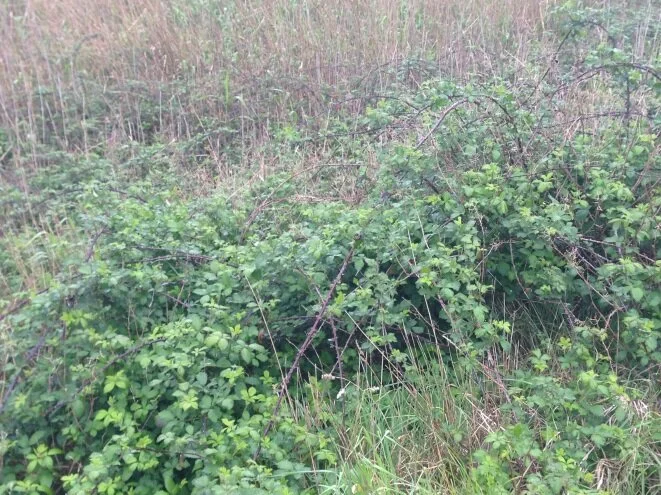Garden Club
Meetings are currently held at the Cherry Gardens Memorial Hall at 7.30pm usually on the second Monday of the month February to November.
President; Ray Wise Phone: 0405 273 003 8383 6011
NEXT MEETINGS
Monday 10th May
Henry Digance will talk about Landcare and maybe a bit about growing garlic.
Monday 14th June
Tips and Tricks evening.
Everyone brings along an idea they use in the garden to save time or money.
GEORGE'S GARDENING SUGGESTIONS FOR May 2021
May is probably your last chance to gather up autumn leaves to add to your compost heap.
Spray copper oxychloride immediately after leaf fall on peaches and nectarines to reduce the chance of leaf curl on new growth in spring.
Sprinkle sulphate of potash at the base of sweet peas to promote strong growth and resistance to powdery mildew.
If purchasing chrysanthemums for Mother’s Day buy one in a pot that can be planted in the garden later on to become a gift that keeps on giving.
By now the soil should be damp but still retain some heat, making it a great time for planting winter vegetables - onions, snow peas, spinach, swede, turnip, kale.
Marigolds are easy to grow, give a wonderful show over a long season, and will re-seed to give you even more next year.
Anemones have some wonderful colours, grow to only 25 – 30 cm and enjoy a sunny position.
Wallflowers give a delightful scent when flowering – plant some now!
Marigolds are easy to grow, give a wonderful show over a long season.
GARDEN CLUB March Meeting Notes
Meetings are currently held at the Cherry Gardens Memorial Hall at 7.30pm, usually on the second Monday of the month from February to November.
Members advised what they have been doing in their gardens ranging from composting, mulching and general maintenance, to what people have been planting (viburnum and Lillypilly hedges, begonias, ranunculi, milkweed, dahlias, nerines, sweetpeas, and establishing a native garden near Port Elliot), and preserving their locally-grown produce.
The speaker for this meeting was Trevor Nottle who has written 24 successful garden books, and who is an expert on climate-compatible plants.
Trevor advised that we are noticing more extreme weather and can expect a warmer and drier climate, a shorter winter, and possibly no spring or autumn. He is noticing trees in old significant homesteads showing serious signs of stress. He suggests that, to help, provide a root stimulant, e.g. Seasol to the outer edge of the roots, and mulch. As an example he explained that the elm trees at the Waite were looking bad about 8 years ago and had about 30cm of shredded mulch added to the outer root-line of these trees, and this saved the trees.
Trevor believes that insurance companies will soon stop bushfire insurance cover if living in a bushfire-prone area, or they will stipulate that you have to cut relevant trees down. Pine trees burn like mad and Trevor suggested we don’t plant these to screen against the wind. Also soils are becoming water-repellent. He suggested that we compost and let the worms do their job. He suggested we research to find relevant, nice, water-wise plants for our gardens.
WHAT TO DO:
Check old gardens and know their heritage conservation and management controls. Know when professional help is necessary, and get it. Write a plan of what must be done - in what order, e.g., water supply - dams, pumps, bores and tanks; access for builders and equipment; fire safety and prevention; who will manage the project; timing and end goals; flexibility in the process. Do a site map showing retained bush; major views; parking areas; services areas; security points; listed sites; development sites ; landscape areas; garden areas. Plan the planting of trees, orchards, shrub banks, hedges and screens, flower gardens and vegetable gardens. Take past traditions into account such as looking at half dead plants (nothing will make them grow), old hedges outgrow their usefulness, poorly maintained hedges lose their shape, old trees begin to fall apart.
PLANT FOR THE FUTURE
Use objects to decorate your garden; make Spring a big thing, e.g., bulbs etc; use plants for a changing climate.
He suggested we read Michael Keelan’s book “Gardens for South Australia” which has a section on Bushfire Maintenance and what you can grow to make things less flammable.
In response to a query on Phytophera killing our Stringy Barks he suggested spraying a tree which looks like it is succumbing to the disease all over with Phosphoric Acid which is not expensive and you would need a lot of spray.
Well-known gardeners have met with SA Gov’t Ministers and stressed how big SA’s horticultural industry is. There is a chance that next year SA may have a big garden event over two months extending from Burra-way and moving south with the Rose Season, down to KI and the South East.
ANNUAL TOMATO CHALLENGE
Trevor judged the tomatoes which Garden Club Members had brought in and announced Jan Ball as the winner with her Tasmanian Chocolate tomato.












